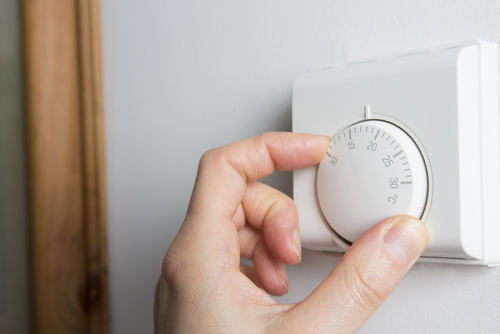
Choosing an energy efficient home is better for the environment and your wallet. When you’re viewing potential properties, there are a number of things you should look out for, as we explain.
Good to know
All new build properties have to comply with energy efficiency regulations. They are built with superior insulation, ensuring the heat stays in your home and energy consumption is minimised.
However, if the home you want to buy isn’t a new build, you may want to make it more energy efficient once you move in. The improvements you make may save you money on your energy bills.
In either case, you might want to consider an energy monitor so you can see how much energy you’re using.
Most people find they reduce their usage by 5% to 15% in the first year of having one. Switching energy supplier may be another way of reducing your energy bills.
The direction
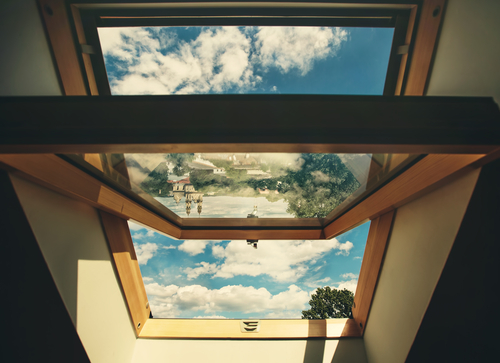
Homes that are south-facing will naturally absorb more heat and let more natural light in from their windows.This should help keep the home warmer.
The boiler
Does the boiler in the property need replacing? Boilers are rated from A to G and ideally, you’ll want an A-rated modern boiler with the Energy Saving Trust logo.
Having an efficient boiler could help lower your energy bills by around £200 a year
Smart heating gadgets can also help reduce bills, allowing you to heat your home when required, rather than just on a schedule.
Once a temperature is set, the smart system will keep the home at that level, only turning the heat up when you decide. If you’re looking for a gadget, Hive and Nest are the most popular options.
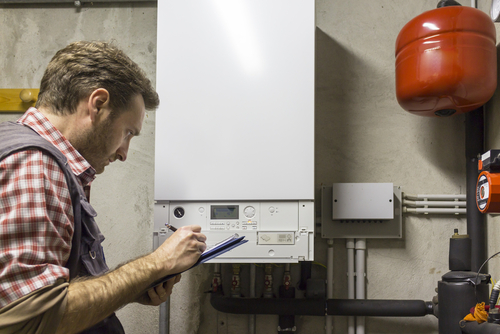
The roof
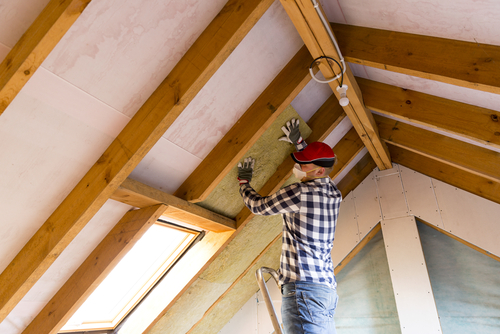
In an uninsulated home, up to 25% of a home’s heat can get lost through the roof. During your viewings you should be able to take a sneaky peak in the loft if you ask.
Try and see how much insulation there is. Ideally, you want a depth of between 250 to 270mm.
If there isn’t any insulation currently and you later get 270mm installed you could potentially save between £120 to £225 a year on your energy bills, depending on the type of property.
The floor
Heat can also be lost through the floor so look out for big gaps between the floorboards of older properties.
To try and stop the draught, the gaps between the floorboards and skirting boards can be filled with a ready-made adhesive or a rubber sealant such as Draughtex.
You could also add insulation underneath your floorboards.
If you do both, you may save around £40 a year on your energy bills.
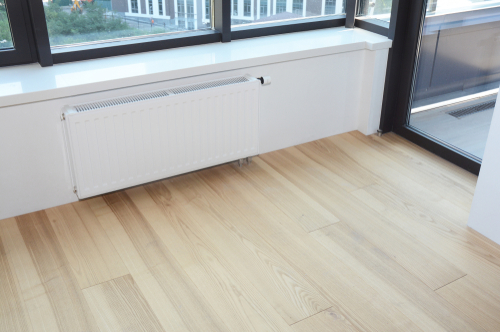
The windows and doors
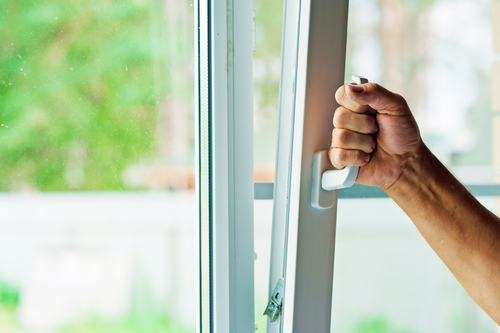
Most homes today have double glazing but any that don’t, typically lose 10% of their heat through the windows and doors.
Replacing the windows and filling in any gaps in and around the windows and doors to prevent draughts can be a good idea.
Hanging thick curtains may also prevent heat escaping.
New build homes are usually pressure tested, making them as air tight as possible.
One option to keep an eye out for are trickle vented windows.
These are windows that feature a slot as part of the frame, with a controllable cover or flap placed over it.
When opened, the vent will allow air to gradually filter into your home.
The benefit is that you can allow air to circulate within your house without having to lose heat through open windows.
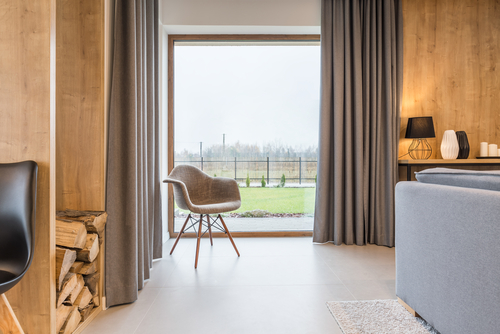
The walls
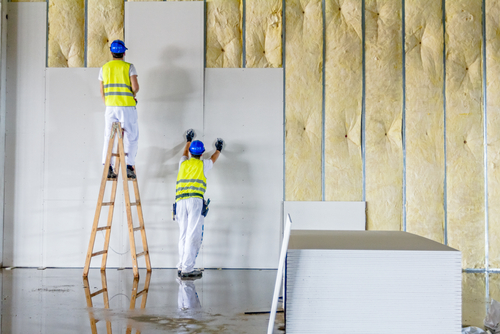
Homes built from the 1990s onwards typically have insulated walls.
If a home has uninsulated walls around a third of its heat will escape this way.
Adding insulation could save you between £70 to £225 annually, depending on the type of property
The heating
Most homes in the UK are heated using radiators or through storage heaters; the difference being that the former will use water to heat your home while the latter is purely electric.
Which works out more economical will depend on the type of boiler you have and your utility rates.
Storage heaters can be particularly efficient as they collect their thermal energy by night, although they work to a planned schedule so don’t give you the option to turn your heating up as and when it’s needed.
